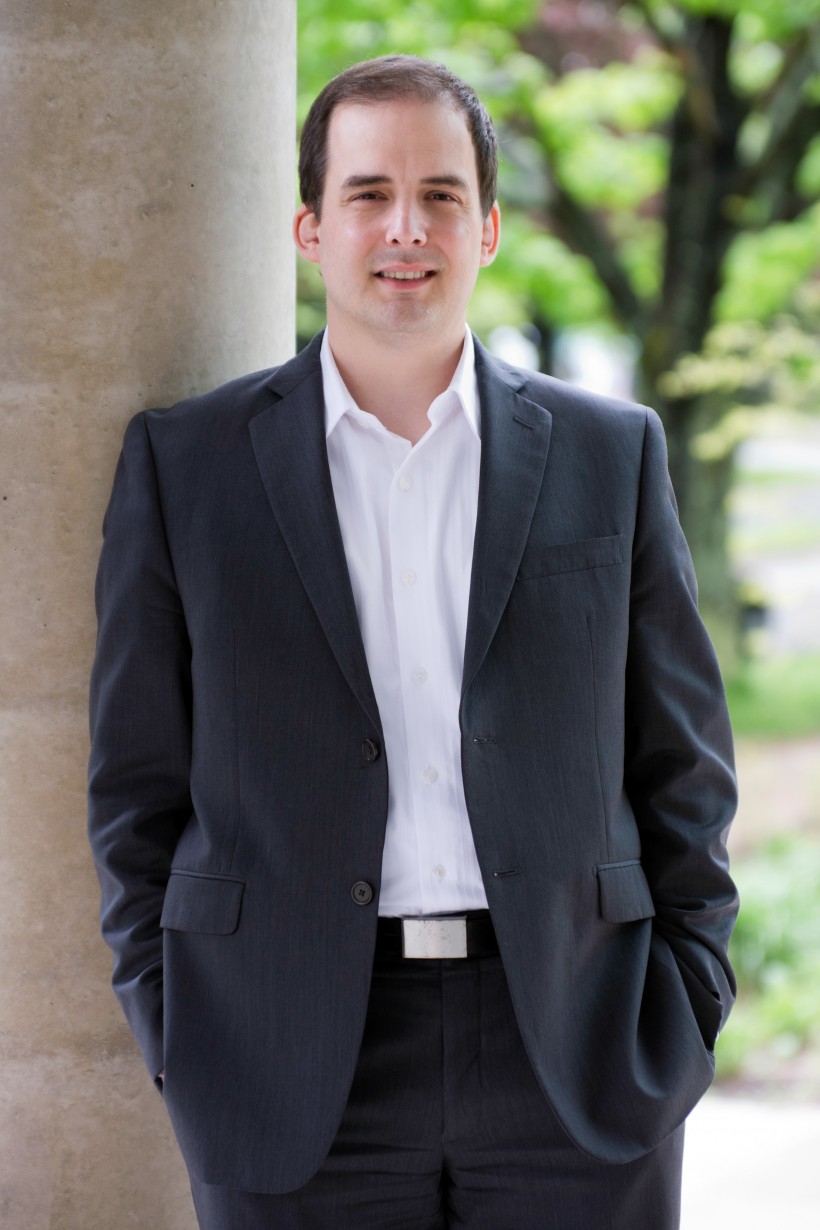After 14 years in startup wilderness, Halifax biotech company Immunovaccine (IMV) and its Chief Operating Officer Dr. Marc Mansour are exactly where they need to be. With data from clinical trials demonstrating the effectiveness of the IMV patented vaccine-delivery system, the company may soon see its technology lessening everyday scourges like flu and cancer as well as uncommon diseases, such as anthrax.
The company’s DepoVax vaccine delivery formula provokes a spike in the body’s immune response by mixing vaccines with immune activators and formulating the mixture in oil. This prevents the vaccine from being promptly cleared by the body’s immune system, allowing the vaccine to remain at the site of injection for longer and thus be more effective. There is currently a lot of excitement around immunotherapy, or using the body’s immune system to fight or prevent disease, so Immunovaccine’s recent strong clinical data in the field of cancer treatment mean the company is well-placed to benefit from an emerging field of medicine.
“During 2013, scientists provided compelling evidence that the human immune system could be trained to destroy cancer cells,” said Mansour, adding that there are other competing cancer vaccines, but IMV’s data on immune activation is the best he has seen.
Last year also saw several large pharmaceutical companies announce that vaccines will play an important role in the development of their cancer therapy programs.
“It’s an exciting time,” said Mansour. “Positive data from our Phase I study were presented at multiple venues last year. As a result, the National Cancer Institute of Canada agreed to sponsor and conduct a randomized Phase II study of our system in patients with advanced ovarian cancer.”
As an expert in vaccinology and cancer immunotherapy, as well as the holder of a Master of Business Administration, Mansour leads both the scientific and financial development of the company and spends a lot of time on the road.
The company is developing high-profile collaborations, including with the National Institute of Health (NIH) in the U.S., which is interested in developing a rapid-response, one-shot, anti-anthrax vaccine in case of terrorist attack. Currently, soldiers are given at least three anti-anthrax vaccines, which take months to become effective. “To date, no one-shot vaccine has worked, but with our technology they think it may be possible.”
Mansour said that being a biotech company in Canada has been challenging. “Biotech takes a lot of time because of all the health regulations etc., but the investment environment in Canada has also been very difficult for biotech because many investors have been more interested in quick-return resources such as gold.
“The biotech sector has done extremely well in the US. Last year, biotech was the best performing sector in the U.S. – up 40 per cent on average. Recently, there’s been a change in Canada as investors see how well biotech is performing and look for investments. Our good clinical data allowed us to go on a cross-Canada roadshow last November and raise $4.2 million.
“Everything is coming together, although it’s still going to be a ton of work – we need more clinical data and, as a biotech company, we are always fundraising.”
Halifax is not a biotech hub, but Mansour said the community provided IMV with vital early support. “Our technology originally came out of Dalhousie and we have a close association with Dal, the hospitals and the Canadian Centre for Vaccinology. Centre Director Scott Halperin and Dr. Joanne Langley, the well-known respiratory specialist, will soon be running a Phase I clinical trial with one of our vaccines with funding from the Canadian Institutes of Health Research.
“Local investors and Government programs helped us survive the difficult years,” he continued. “I’m not sure we’d have survived if we hadn’t been based in Nova Scotia.”










